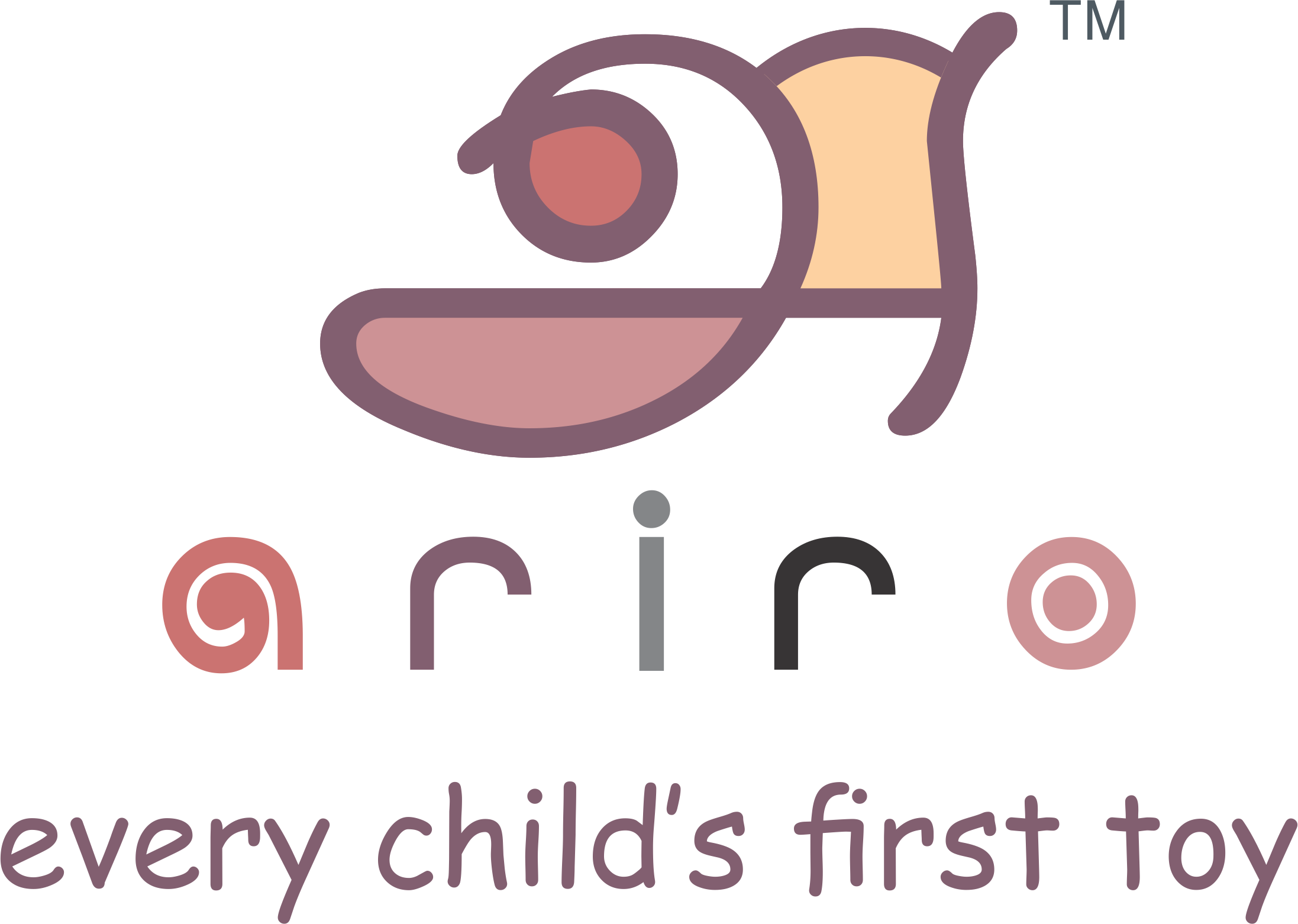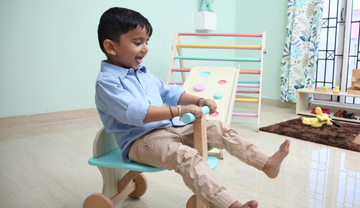
(Author Hindola Aguvaveedi, Montessori Consultant, 0-3 AMI Trained)
About twenty years ago, ‘Free Play’ wasn’t a word anyone was aware of and surely not common parlance. ‘Play’ inherently meant free play. There was no other meaning to it. Why now do we hear so many people talk about it? Play has become such a rarity for most children, let alone free play. Children’s time is scheduled from breakfast to dinner. They go to school, after school programs, tuitions, sports, arts, robotics. You name it and they have it.

So, what is free play? Free play is undirected, unrestricted, child-led play; Exactly what our generation used to do every evening, every day. Simple though it sounds, this is a tool to unlock a thousand possibilities in the child. I was at a park, observing a group of 7–8-year olds playing on the slide. Over the course of the next one hour, the slide was not merely a contraption to slide down. Its role was changed from being a mountain, to an Olympic podium, to a hospital bed. Each child came up with her/his own game and the others were led
into her/his creative world. All this while each one tried to navigate the different levels of sensitivities and temperament, problem solving and collaborating. Which adult-led class can impart the subtle wisdom that this one hour of free play gave them?
into her/his creative world. All this while each one tried to navigate the different levels of sensitivities and temperament, problem solving and collaborating. Which adult-led class can impart the subtle wisdom that this one hour of free play gave them?

What happens when the child is running from one class to the other is that the child is receiving a continuous supply of external stimulation. Over a period, the child loses the ability to be stimulated from within and they get bored easily and they don’t have the ability to handle this boredom. As parents, we are always trying to protect our children from boredom. But boredom is first step to get those creative juices flowing in the child. Only if they are bored can they stimulate themselves to do something self-directed.

Children need time off from constant activities to
explore their imagination. It is not the duty of the parents to keep the child entertained or stimulated. I drive my child to school for an hour each way. All the parents ask me “Doesn’t he get bored driving 2 hours a day?” Not really! He has never complained that he is bored. He is very adept at looking out the window and making up innovative games and if he is ‘bored’ of that, just daydream, because, why not? This does not mean that scheduled time does not have its place in a child’s life. It is an important aspect, especially as the child grows and wants to learn different skills.
explore their imagination. It is not the duty of the parents to keep the child entertained or stimulated. I drive my child to school for an hour each way. All the parents ask me “Doesn’t he get bored driving 2 hours a day?” Not really! He has never complained that he is bored. He is very adept at looking out the window and making up innovative games and if he is ‘bored’ of that, just daydream, because, why not? This does not mean that scheduled time does not have its place in a child’s life. It is an important aspect, especially as the child grows and wants to learn different skills.
The superlative skill level we see in adults in every field has a lot to do with the scheduled time they had as children. But as humans, we have a tendency to swing to the extremes of the pendulum. Finding the middle ground and allowing the child to define his middle ground is necessary. Even from a mental health perspective, it helps to have some time during the day where there is no fixed goal to work towards or no stress about perfection.
As Kay Jamison said “Play is not a luxury, it is a necessity”.







